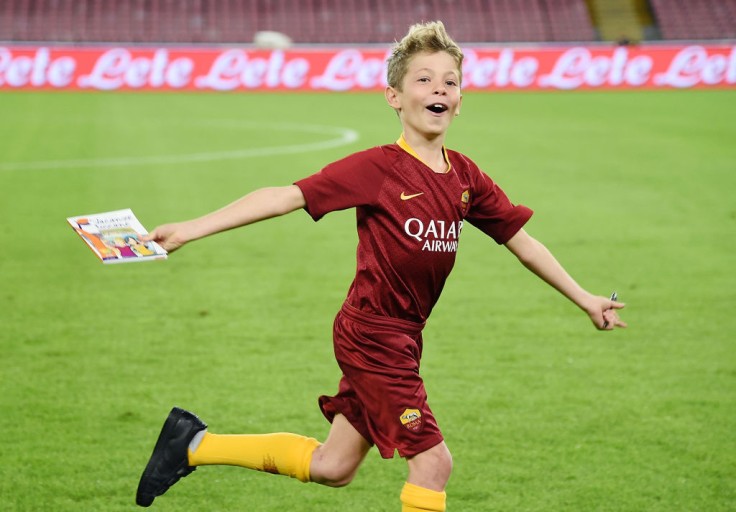
Nurturing a child's positive sense of self and confidence starts with support, encouragement, and praise, but an expert said there's a wrong way to praise children.
Carol Dweck, a child psychologist from Stanford University, believes that the wrong way to praise children focuses on the outcome and not the process of what the children must accomplish. She said that parents who emphasize the outcomes, which she termed as a fixed mindset, could be holding back their children's development as resilient individuals.
The psychologist added that the opposite of a fixed mindset is a growth mindset, where parents praise the process of what their kids have done to achieve something. She believes this is more important because honoring the process allows the kids to embrace the challenges, learn from their failures, and inspire them to try new things. On the other hand, parents who raise the outcomes could raise children who cannot accept criticisms and see failure as a setback.
As a result, children who have a growth mindset tend to work hard and appreciate each task. They tend to cultivate more skills and enjoy the experience, thus carrying out more fruitful outcomes.
Here are other examples of the wrong way to praise children:
"You're such a smart kid because you've finished your homework fast"
This phrase is another example of a fixed mindset or outcome-focused praise that tells the child she's not smart if she can't finish faster. A fixed mindset can hurt the children's motivation and performance because what they're getting from this type of praise is that it's bad to fail.
Psychologist and child development Shari Young Kuchenbecker said praising kids for their smartness is praising their "genetic endowments" and not what they are trying to do. Kuchenbecker suggested that parents praise the actions that lead to accomplishments, even if the kids do not deliver excellent outcomes.
"You look even prettier in that dress"
As with praising a child for their intelligence, commenting on their appearance is another personal praise that belongs to the fixed mindset. Kids who are used to personal praises could grow up to believe that their success is tied to their skills or traits alone.
In one of her studies, Dweck said that there are no doubts children love to receive praises from their parents as this can boost their self-perception. However, personal praises will not strengthen their confidence. The minute they make mistakes or hit a snag, their sense of self could easily hit rock bottom.
However, Dr. Lea Waters, who has also done studies on teaching resilience in kids, said that withholding personal praises might be bad for the kids as well. They need to recognize their skills, and personal praises could help them see their strengths.
Waters suggested balancing both praising the process and outcomes. However, the parents also need to weigh what works best for their kids since every child is different.